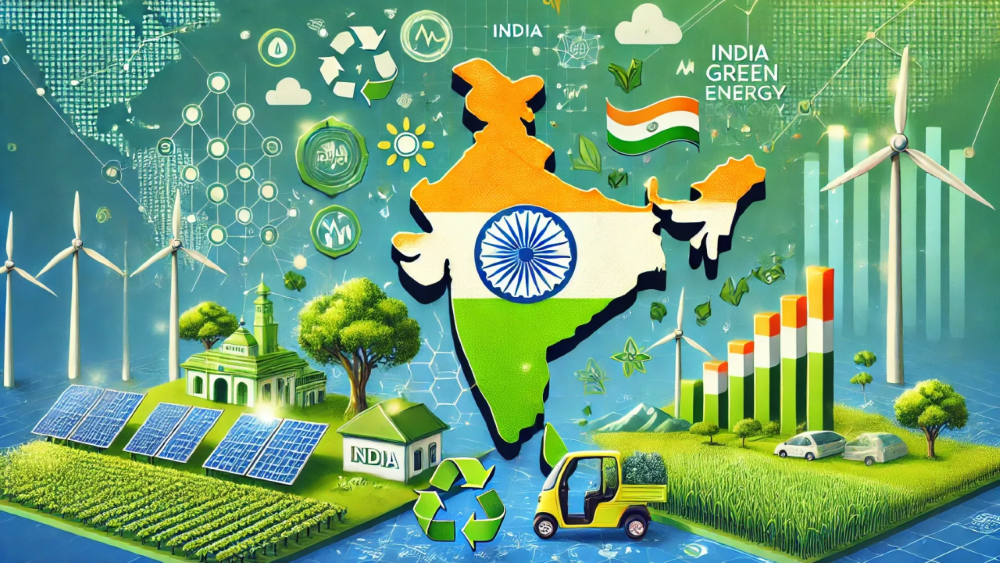Our Bureau
New Delhi
In a significant move towards bolstering its climate action strategy, India is poised to finalize a carbon credit agreement with Japan by early 2025. This initiative is part of India’s broader objective to enhance its sustainability efforts and attract foreign investment in green technologies. As the third-largest emitter of carbon dioxide globally, India recognizes the urgent need to address climate change while continuing its economic growth.
Carbon credits are a vital tool in the global effort to combat climate change. They allow countries and companies to trade emissions reductions, enabling them to meet their climate goals more flexibly. Under the Paris Agreement, Article 6.2 provides a framework for international carbon trading, allowing nations to collaborate on emissions reduction projects. By engaging in these agreements, India aims not only to reduce its carbon footprint but also to create a market for carbon credits that can generate revenue and encourage sustainable practices.
The impending agreement with Japan is expected to focus on various projects that will help India reduce its greenhouse gas emission. Japanese companies have been at the forefront of developing advanced technologies in renewable energy, electric vehicles, and energy efficiency. The collaboration is anticipated to not only provide financial backing but also facilitate technology transfer, which is crucial for India’s transition to a low-carbon economy.
Following the deal with Japan, India plans to initiate similar negotiations with South Korea and Singapore by March 2026. Both countries have shown interest in collaborating on carbon credit mechanisms, recognizing the mutual benefits of such partnerships. Singapore, on the other hand, has emerged as a hub for sustainable finance and carbon trading in Asia.
These developments come on the heels of recent negotiations at COP29, where guidelines for international carbon trading were approved. The conference highlighted the importance of collaborative efforts among nations to achieve their climate targets. The Indian government has set ambitious targets under its Nationally Determined Contributions (NDCs), aiming to reduce emissions intensity of its GDP by 45% by 2030 compared to 2005 levels.


























